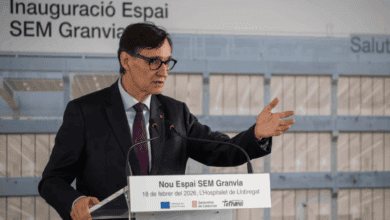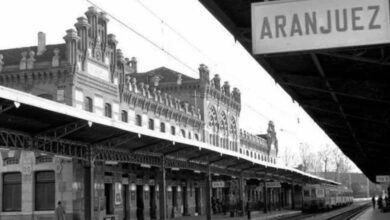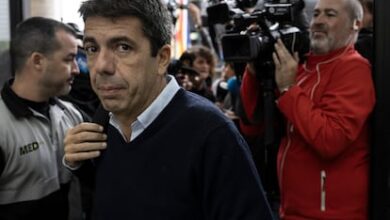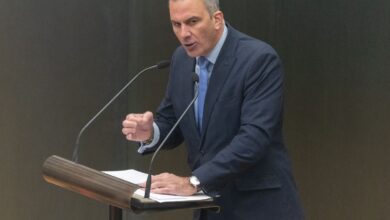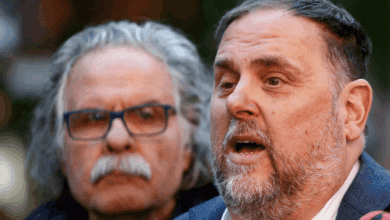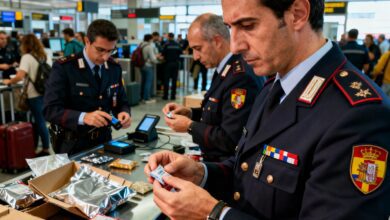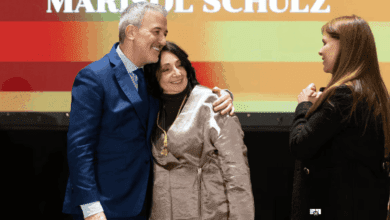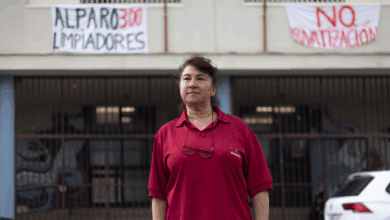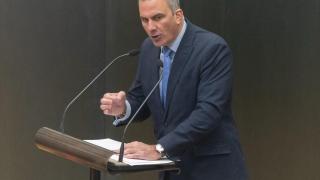
In November 2025, the Spanish monarchy marks its 50th anniversary. The royal family decided to hold commemorative events in the capital, keeping the celebrations low-key. The main focus will be the palace at the heart of Madrid, where only the closest members of the dynasty will gather. Former monarch Juan Carlos I, who led the country for nearly four decades, will not attend the official ceremonies. His absence is explained by his decision to withdraw from public life and not participate in state affairs. However, a seat will be reserved for him at the family table during a private lunch at the El Pardo residence.
Organizing the anniversary proved to be a challenging task for the current king, Felipe VI, and his team. In recent months, many options were considered, but ultimately, they opted for the bare minimum. No foreign guests have been invited, and the participants have been limited strictly to the royal family: Queen Sofía, Felipe VI with his wife Letizia, heir Princess Leonor, and Infanta Sofía. This format was chosen deliberately — the country is still grappling with controversy surrounding Juan Carlos I, especially following the release of his memoirs and new reports in the foreign media.
Honorary awards and symbols of the era
A key part of the program will be the presentation of the crown’s highest award—the Order of the Golden Fleece (Toisón de Oro). Three prominent figures in Spanish politics will receive this honor: Felipe González, Miquel Roca, and Miguel Herrero y Rodríguez de Miñón. All played a pivotal role during Spain’s democratic transformation in the 1970s and 1980s. González, the former socialist leader and first head of government after the transition of power via elections, will deliver a speech on behalf of the honorees. Queen Sofía, as usual, prefers to remain in the background and does not plan to make a public appearance. Felipe VI himself will also address the audience, with particular focus on his father’s historic role during the transition period.
Alongside the official events, the Congress of Deputies will host a roundtable discussing the monarchy’s influence on the country’s democratization. Notable politicians, scholars, and members of the academic community will join the discussion. The event promises to be more analytical than political, aiming to remind the public of the significance of the monarchy in Spain’s recent history.
Family traditions and new challenges
This time, the royal family has emphasized continuity and unity, despite Juan Carlos I’s absence from the official events. Public attention is focused on the younger generation: Princess Leonor is currently undergoing military training in Murcia, while Infanta Sofía is studying in Lisbon. Both are expected to participate in the anniversary celebrations, symbolizing the passing on of tradition and new values.
The anniversary is taking place against a backdrop of complex political circumstances. The celebrations will be attended by representatives from all branches of government, including Prime Minister Pedro Sánchez and opposition leader Alberto Núñez Feijóo. However, Sánchez himself will soon depart for the G-20 summit in South Africa, giving the event an added international dimension. Despite the subdued format, the monarchy’s anniversary has become a key moment to reflect on the country’s future and the role of the royal family in modern Spain.


